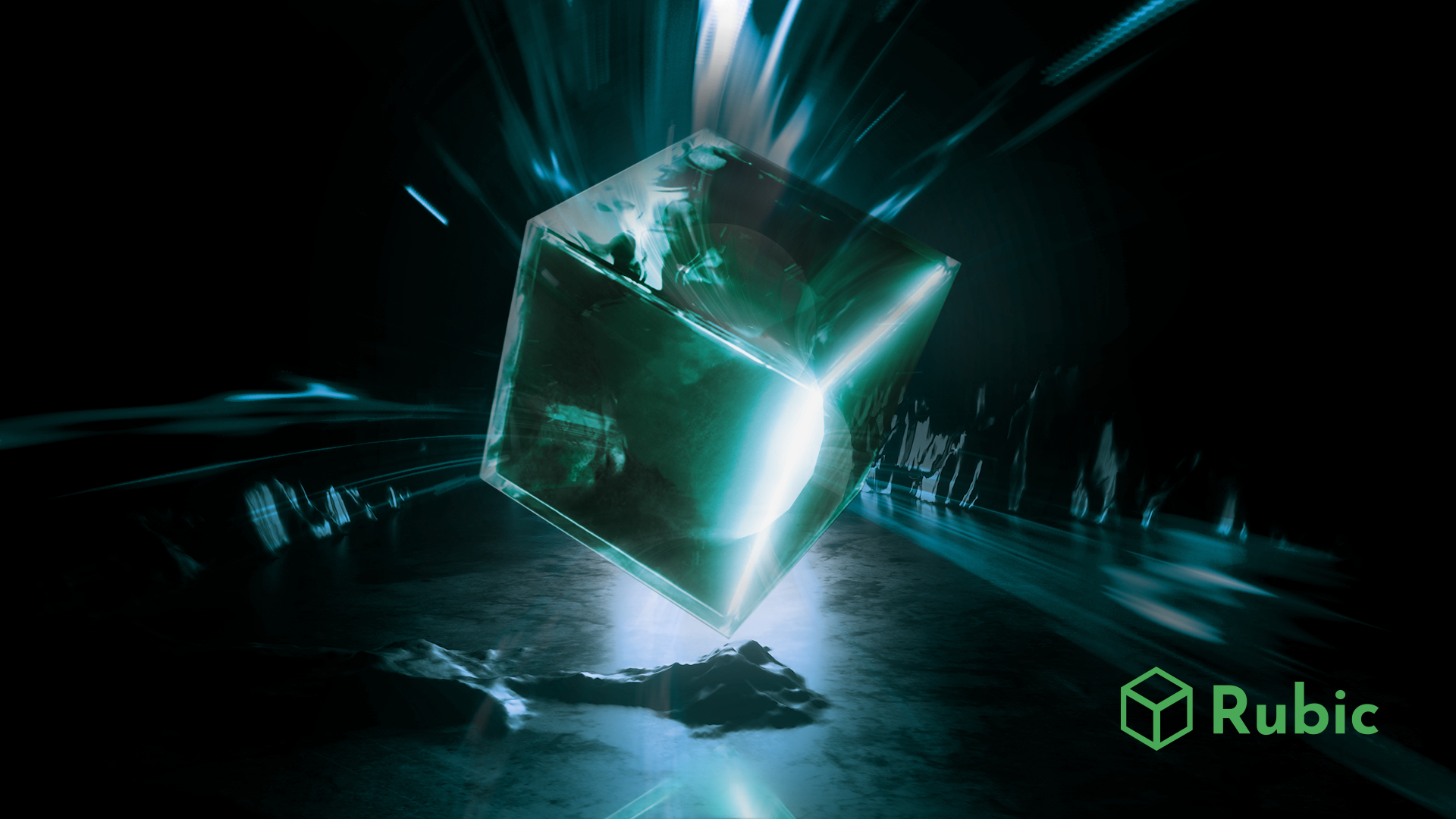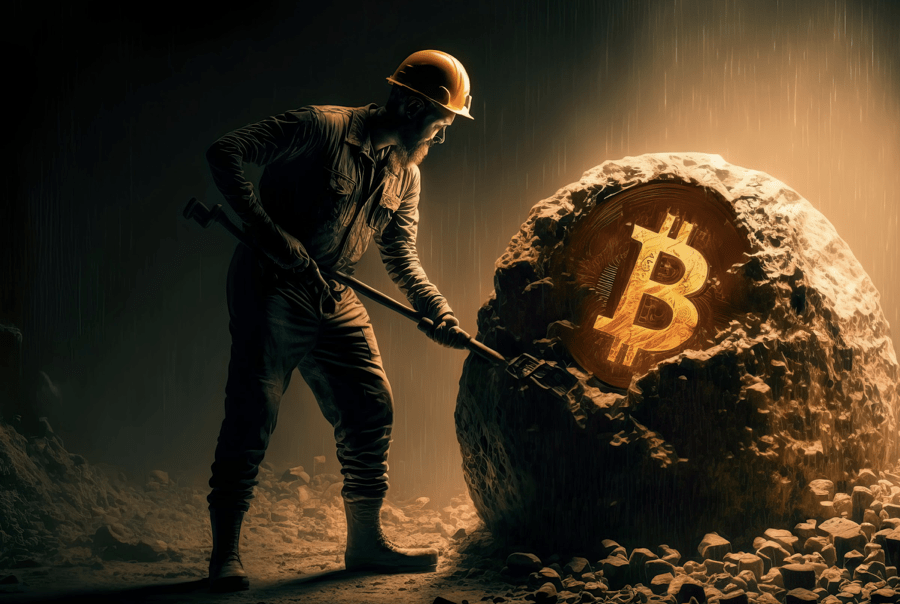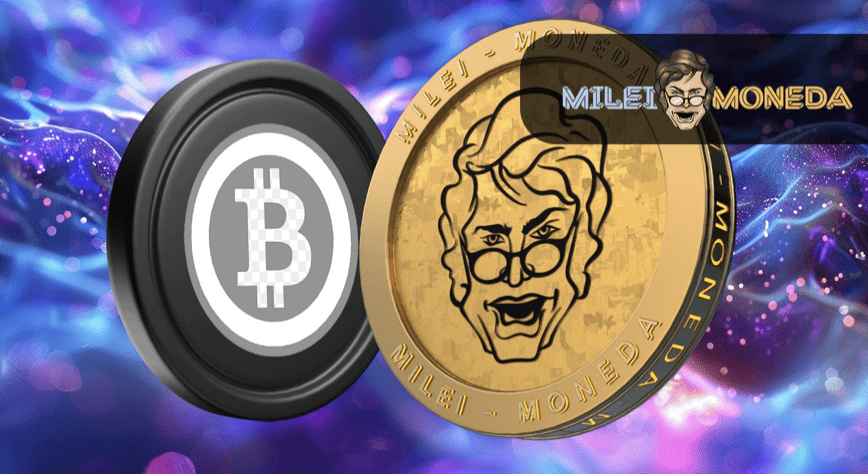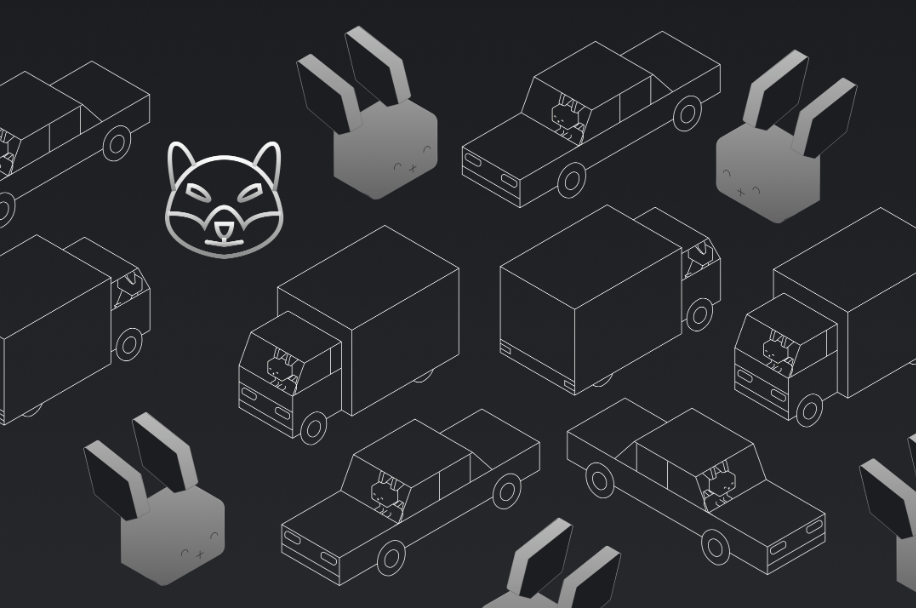The DEX market is growing fast, and new decentralized exchange platforms appear day in, day out. But what is decentralization and why did it suddenly become one of the main focuses for different Crypto projects?
In decentralized exchanges transferring assets takes place without any decision-making middleman from a centralized association. In DEXs users have total control over their assets, due to the absence of a middleman.
Taking into account many users’ desire to trade safely, platforms strive to provide their users with the best decentralized solution.
But why is it so important? The most popular exchanges in Crypto, like Coinbase or Binance, remain centralized - and it’s not an obstacle for their successful functioning and inflows of new users. Yet, there are 3 obvious advantages of decentralization:
- Absence of a middleman
In CEXS it’s always a middleman who controls your assets, and consequently, the platform remains the authority over them. Meanwhile, in DEXs each member in the network has a copy of the exact same data in the form of a distributed ledger. If a member’s ledger is altered or corrupted in any way, it will be rejected by the majority of the members in the network.
- Fewer weaknesses
Decentralization reduces weakness in systems where there may be too much reliance on specific actors. For example, systemic failures, including failure to provide promised services; or inefficient service due to the exhaustion of resources; periodic outages; bottlenecks; a lack of sufficient incentives for good service; or even corruption.
- Better performance
Decentralization can also help to optimize the distribution of resources, so that platform’s services are provided with better performance and consistency; as well as a significantly reduced possibility of failures. And decentralized contracts provide stable and secure work of the platform by using several independent validators and relayers.
A Validator is a verification node, the purpose of which is to track events on their Multi-Chain Routing contract and report them to the Relayer.
The message to the Relayer contains transaction data. The validator signs this data with its private key.
Relayer is a node whose purpose is to collect the necessary number of messages from validators and to send the transaction.
With that being said, it’s clear why decentralization is now so demanded. The race between various ambitious projects to achieve the highest level of decentralization has been on for the last year. Among these projects, Rubic perhaps stands out because they’ve been taking huge steps towards decentralization.
Rubic is the Multi-Chain Swap Protocol that enables more than 10,000 assets to swap between the 7 most popular blockchains in one click. BSC, Polygon, Ethereum, Moonriver, Fantom, Avalanche, and Solana have already been connected to their Multi-Chain ecosystem.
Recently, they have added Multi-signature to Rubic’s Multi-Chain Routing Protocol, which will allow them to increase the security of the protocol and its decentralization.
To create a decentralized solution for the management of the Rubic Multi-Chain Routing smart contracts, the team is using the Gnosis Safe multisig. This project allows Rubic to create and use multisig management of their smart contracts.
Now, Rubic is relying on separate Validators and several Relayers:
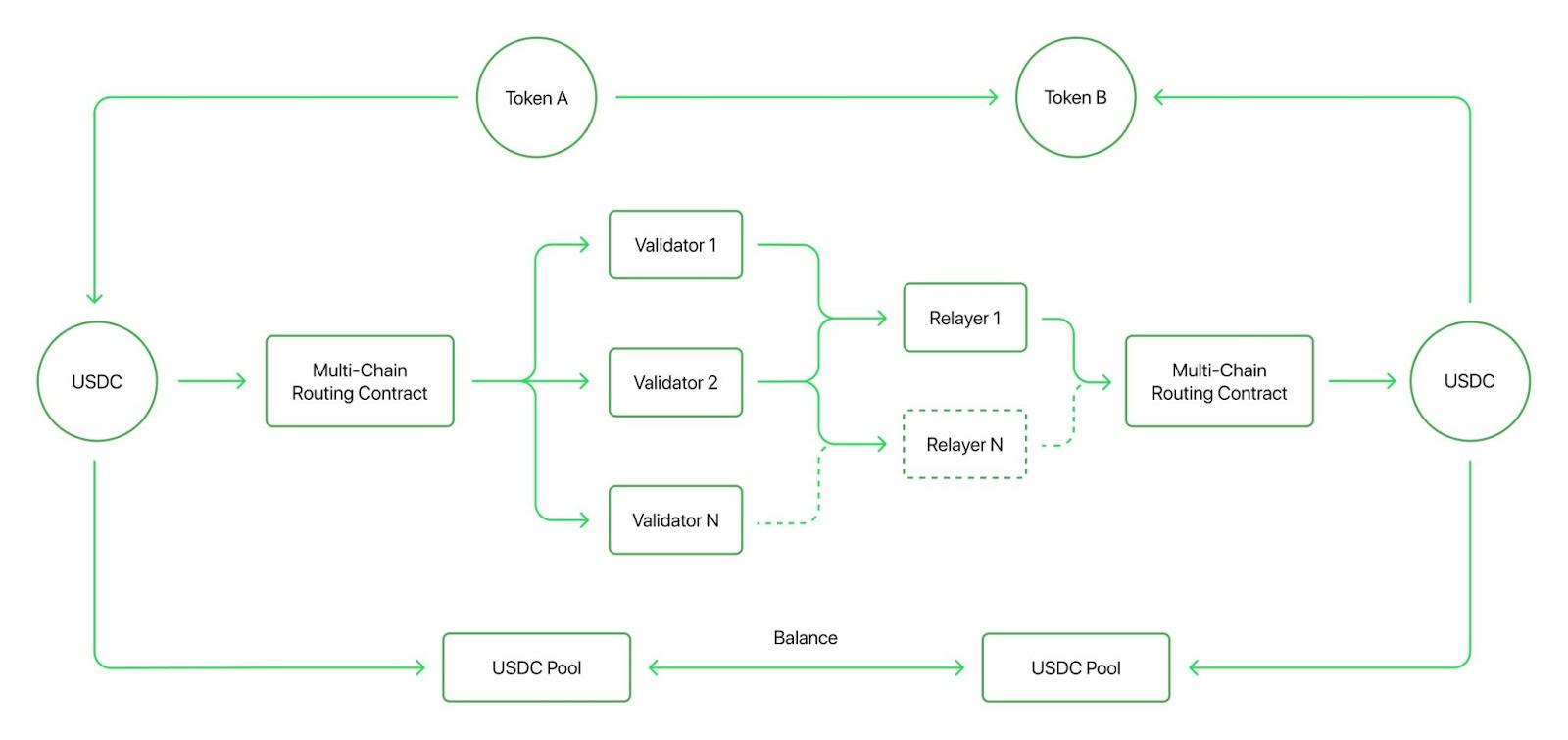
This has significantly decreased the chances of hacking and has increased both the stability and the decentralization of their protocol. Several validators are independent of each other and require multi-sign by ⅔ of them.
Validators will scan the final blockchain, for the event of sending tokens from a smart contract using a unique hash. If no tokens are sent after a specified period of time, Validators send a message to another Relayer. The smart contract will reject the duplicated transactions with the same unique hash from the Relayers if they were already sent.
For the past month, Rubic has completed significant steps in terms of security and decentralization. This project is a great example of a continuously-developing decentralized platform.
From now on, the management of Rubic Smart Contracts will be handled with the approval of the heads of the Rubic team and an approval from one non-team member.
Disclaimer: This article is provided for informational purposes only. It is not offered or intended to be used as legal, tax, investment, financial, or other advice.
Investment Disclaimer